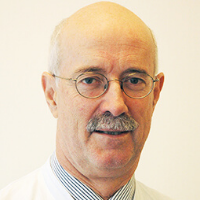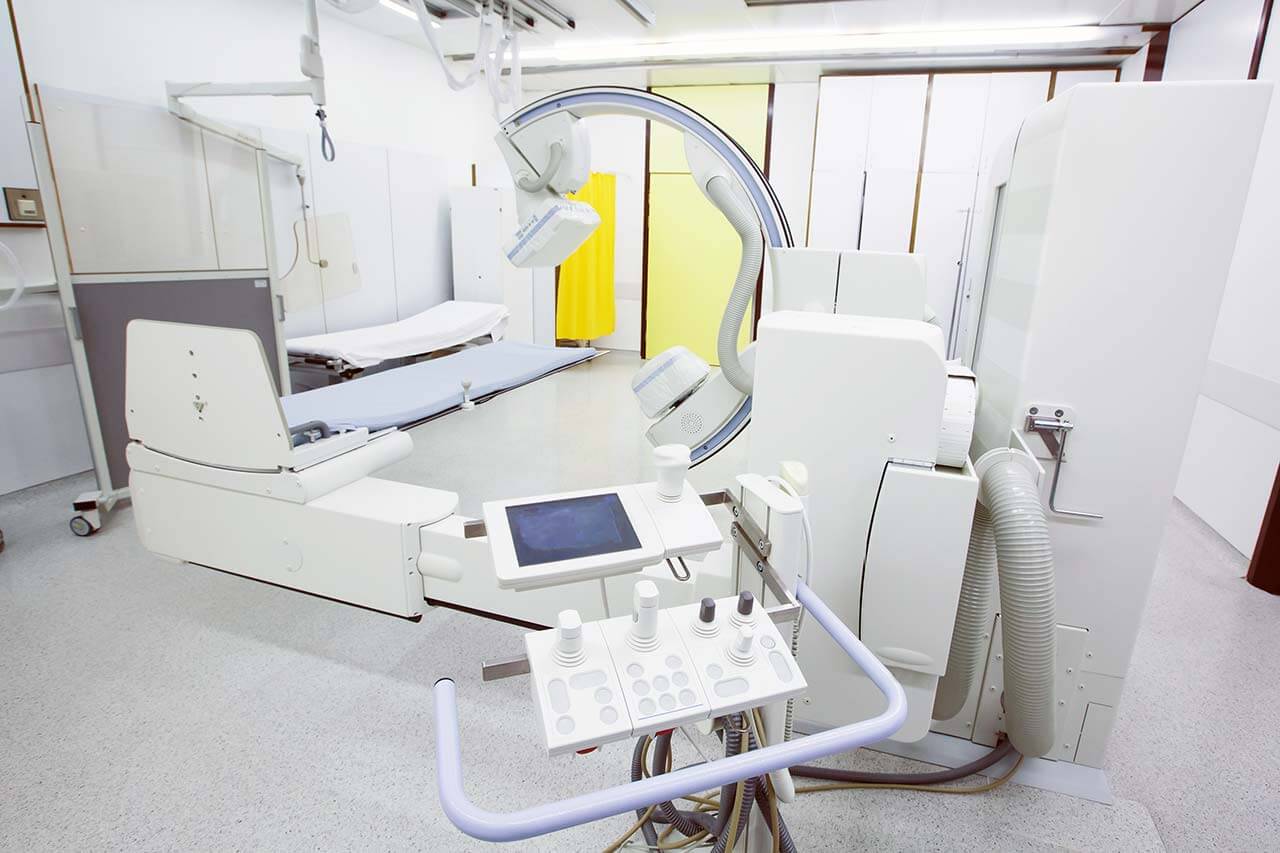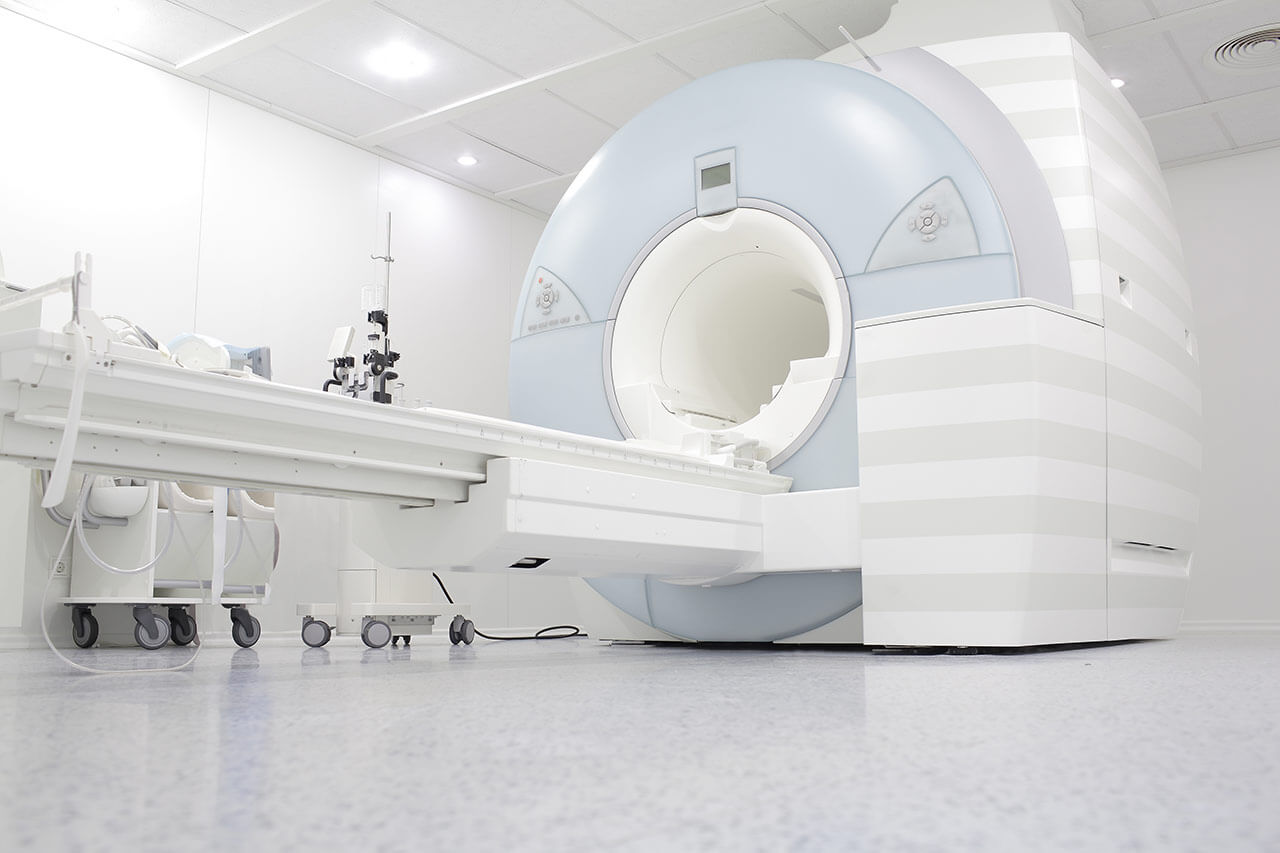
The program includes:
- Initial presentation in the clinic
- clinical history taking
- review of medical records
- physical examination
- laboratory tests:
- antinuclear antibody (ANA)
- rheumatoid factor (RF)
- factors VIII and XIII
- urinalysis
- complete blood count (CBC)
- platelet count
- erythrocyte sedimentation rate (ESR)
- stool guaiac test
- blood urea nitrogen (BUN) and creatinine
- amylase and lipase
- electrolytes
- plasma D-dimer
- plasma thrombin-antithrombin (TAT) complex,
prothrombin fragment (PF)-1, and PF-2,
prothrombin time (PT) and activated partial
thromboplastin time (aPTT) - serum IgA
- antistreptolysin O (ASO)
- CH50
- C3 and C4
- immunocomplexes of IgG and IgA
- abdominal ultrasound
- extracorporeal blood correction
- nursing services
- treatment by chief physician and all leading experts
- explanation of individual treatment plan
Required documents
- Medical records
- Complete blood count (if available)
Service
You may also book:
 BookingHealth Price from:
BookingHealth Price from:
About the department
The Department of Hematology, Oncology and Stem Cell Transplantation at the Hannover Medical School offers the full range of diagnostic and therapeutic services in its fields of competence. The doctors of the medical facility carry out diagnostics and treatment of solid tumors, benign and malignant hematopoietic diseases, as well as blood coagulation disorders. The specialists are distinguished by their unique skills in the field of stem cell transplantation. A special offer is the innovative CAR T-cell therapy, currently available only in the most advanced medical facilities in Europe. The primary goal of the department's specialists is to provide optimal medical care for patients with serious, often life-threatening diseases. The vast clinical experience of the department's medical team makes it possible to competently select the most effective therapeutic methods and achieve excellent treatment results. The department is headed by Prof. Dr. med. Arnold Ganser.
A competent team consisting of doctors, psychologists, nursing staff and technical service specialists takes care of the patients' health and well-being. The department maintains close interdisciplinary collaboration with other specialists and attending physicians. In addition, the department is actively engaged in research activities. It carries out many clinical and basic research activities aimed at developing new treatment methods. The department's doctors are also members of many national and international research societies.
Cancer treatment is an integral part of the department's clinical practice. The department's doctors most often admit patients with gastrointestinal cancer (stomach, bowel, esophageal, pancreatic cancers, etc.), bone and soft tissue malignancies (sarcomas), genital cancers in men and women. The department specializes in conservative therapy – medication, chemotherapy, immunotherapy, targeted therapy, hormone therapy. In most cases, the basis of cancer treatment is surgical resection of the tumor, so the department's oncologists cooperate closely with abdominal surgeons, orthopedists, urologists, gynecologists and other doctors who perform surgical interventions. Radiation therapists are also often involved in the therapeutic process.
In the field of hematology, doctors admit patients with various forms of leukemia, myelodysplastic syndrome, myeloproliferative disorders, lymphomas, plasmacytomas, aplastic anemia, hemophilia, thrombophilia and other pathologies. Various drug regimens, chemotherapy and stem cell transplantation are used for the treatment of hematological diseases.
It should be noted that the department is one of the few not only in Germany, but also in the world, specializing in CAR T-cell therapy. This is a progressive treatment for adults with relapsed diffuse large B-cell lymphoma. The essence of the therapy lies in the genetic programming of the patient's own leukocytes to destroy cancer cells. The specialized equipment is used to isolate leukocytes from the blood, after which they are genetically modified in the laboratory. The last stage of the therapeutic procedure is the injection of leukocytes programmed to destroy cancer cells into the patient's body by means of infusion. CAR T-cell therapy provides excellent results for certain types of blood cancers and is an innovative alternative to other therapies.
The department's range of medical services includes both diagnostics and treatment of the following diseases:
- Acute and chronic leukemia
- Chemotherapy
- Stem cell transplantation
- Immunotherapy
- Myelodysplastic syndrome (bone marrow malignancy)
- Symptomatic therapy with blood transfusion
- Chemotherapy
- Stem cell transplantation
- Lymphomas
- Rare blood diseases (for example, hypereosinophilic syndrome, hemophagocytic syndrome)
- Benign blood diseases (for example, anemia)
- Solid malignant tumors
- Malignant gastrointestinal tumors
- Malignant tumors of the female and male genital organs
- Malignant tumors of bones and soft tissues
- Blood clotting disorders
- Haemophilia A and B
- Von Willebrand disease
- Thrombocytopathy
- Bleeding during surgery or other procedures (unclear genesis)
- Thrombosis
- Blood clotting disorders during pregnancy
- Other oncological and hematological pathologies
Curriculum vitae
Higher Education and Postgraduate Training
- 1972 - 1979 Study of Medicine in Aachen, Glasgow, Baltimore, Denver.
- 1979 Doctorate, RWTH Aachen University.
- 1990 Board certification in Internal Medicine.
- 1992 Additional qualification in Hematology and Oncology.
- 2007 Additional training in Hemostaseology.
- 1991 Habilitation, Internal Medicine, Goethe University Frankfurt. Subject: "Changes in hematopoietic stem cells in patients with acquired immunodeficiency syndrome (AIDS)".
Professional Career
- 1979 - 1981 Head of Medical Services at the Bundeswehr Central Hospital in Koblenz, Department of Surgery.
- 1981 - 1982 Research Fellow, Department of Clinical Physiology, University of Ulm (Prof. Dr. med. T. Fliedner).
- 1982 - 1984 Research Fellow, Department of Internal Medicine III, University Hospital Ulm (Prof. Dr. med. H. Heimpel).
- 1984 - 1990 Research Fellow of the Department of Hematology (Prof. Dr. med. D. Hoelzer) and special training at the University Hospital Frankfurt am Main.
- 1991 - 1995 Senior Physician, Center for Internal Medicine, Goethe University Frankfurt.
- Since 10.2007 Head of the Department of Hematology, Oncology and Stem Cell Transplantation at the Hannover Medical School.
Awards and Honors
- 1974 - 1979 Scholarship of the German Academic Scholarship Foundation.
- 1988 Artur Pappenheim Prize of the German Society of Hematology and Medical Oncology.
- 1990 Dr. Paul and Cilli Weil Prize of Goethe University Frankfurt.
- 1992 Prize of the Hessian Cancer Society.
- 2007 Collaboration Award, Lower Saxony.
- 2014 Cited Research Fellow, Thomson Reuters.
Memberships
- American Society of Hematology.
- American Society of Clinical Oncology.
- Working Group on Oncology.
- German Working Group on Gene Therapy.
- German Working Group on Blood Stem Cell Transplantation.
- German Society of Hematology and Oncology.
- German Society of Internal Medicine.
- German Society of Naturalists and Physicians.
- German Society of Oncology.
- European Association of Hematology.
- European Leukemia Net.
- European Working Group on the Transfer of Human Genes and Gene Therapy.
- Society for the Study of Thrombosis and Hemostasis.
- International Association for Comparative Leukemia Research.
- International Society for Experimental Hematology.
- Excellence Network for Acute and Chronic Leukemia.
- South German Group on the Treatment of Hemoblastosis.
- American Society of Gene Therapy.
Photo of the doctor: (c) Medizinische Hochschule Hannover (MHH)
About hospital
The Hannover Medical School has the status of a leading German medical facility. The advanced medical technologies, highly qualified specialists, as well as productive research activities form a solid basis for top-class medical service of the world standard. The hospital is proud of its outstanding achievements in the treatment of cancer, diseases of the lung, heart, kidney, liver and metabolic disorders, as well as surgical diseases.
The medical facility diagnoses and treats more than 63,000 inpatients and about 470,000 outpatients annally. These indicators are growing steadily, which indicates the reputability and prestige of the hospital in the European medical arena.
For decades, the hospital has been a pioneer in transplantation medicine and is one of the leading centers of this specialization in the world. It performs about 400 transplantations of solid organs annually. Also, the hospital has performed over 130 bone marrow transplantations. In addition, the hospital ranks among the world leaders in cochlear implantation for the treatment of hearing loss.
Much attention is paid to interdisciplinary cooperation. Since 2016, the hospital has the largest certified Cancer Center in the Federal State of Lower Saxony, which provides comprehensive, multidisciplinary medical care in accordance with the standardized protocols of cancer societies.
The specialists of the hospital offer patients not only modern treatment of the highest quality, but also attentive care, sympathetic attitude to the patient's problems and understanding of his individual needs. Thus, the patient can be sure that his health is in the safe hands of highly qualified doctors.
Photo: (c) depositphotos
Accommodation in hospital
Patients rooms
The patients of the Hannover Medical School live in comfortable and cozy rooms. Each patent room has an ensuite bathroom with shower and toilet. A standard patient room includes an automatically adjustable bed with an orthopedic mattress, a bedside table, a wardrobe, a TV and a telephone. You can use TV, telephone and Internet using a special chip card, which can be purchased at self-service terminals or ordered at the service counter. The hospital allows the patients to use mobile phones, with the exception of intensive care units, some departments and diagnostic rooms.
If desired, the patient can stay in an enhanced-comfort room. Such rooms are distinguished by a more sophisticated design, and are additionally equipped with upholstered furniture, a safe for storing valuables and a mini fridge.
Meals and Menus
The patient and the accompanying person are offered delicious and balanced three meals a day. Breakfast and dinner are served buffet style and lunch can be chosen from three set menus. All dishes are prepared by professional chefs using the freshest ingredients available in the region.
If you are on a specific diet for some reason, you will be offered an individual menu. Please inform the medical staff about your dietary preferences prior to the treatment.
Further details
Standard rooms include:
Religion
There is a chapel on the territory of the hospital, where Christian and Catholic services are regularly held. The hospital provides a prayer room for followers of Islam, which is open for visits 24 hours a day.
Religious services can also be provided upon request.
Accompanying person
During an inpatient program, an accompanying person can stay with you in the patient room or in a hotel of your choice.
Hotel
During an outpatient program, you can stay in a hotel of your choice. The managers will help you choose the most suitable options.




